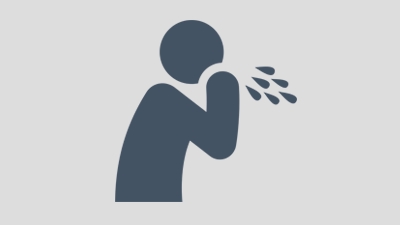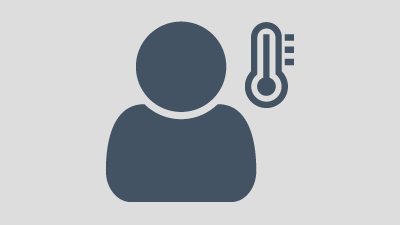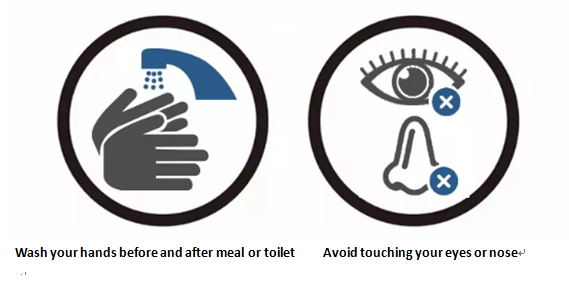

To our clients:Top 3 things you should know about the coronavirus
Countries around the world are now doing the same thing:to contain the new coronavirus outbreak. In order to help our clients fight covid-19 we collect some information about the coronavirus: how does it spread, what are the symptoms of this disease, and how can you prevent it. For more, you can check on WHO’s coronavirus pages.
Know How it Spreads
COVID-19, like the flu, can be spread from person to person. Droplet transmission is the main ways the virus spreads.
• Droplet transmission: When a person who has COVID-19 coughs, sneezes or talks, they may spread droplets containing the virus a short distance. These droplets can land in the mouths or noses of people who are nearby or possibly be inhaled into the lungs.

• Contact transmission:People may also get COVID-19 by touching a surface or object that has the virus on it and then touching their own mouth, nose, or possibly their eyes,
• Aerosol transmission: The new coronavirus adheres to small liquid or solid particles that stably disperse in the air, and then causes infection. (But aerosols do not form in all locations. As long as the air flow reaches a certain speed, the virus is quickly diluted.)
Symptoms of COVID-19
Symptoms vary from person-to-person with COVID-19. It may produce few or no symptoms. However, it can also lead to severe illness and may be fatal. Common symptoms include:
• fever, fatigue, dry cough;

• A Few cases: stuffy nose, runny nose, sore throat, diarrhea;
How to prevent COVID-19
• Members of the public are urged to go out less and reduce social activities such as meals gatherings or other gatherings, and maintain appropriate social distance (≥1.5m)with other people as far as possible.
• To maintain at all times strict personal and environmental hygiene is key to personal protection against infection and prevention of the spread of the disease in the community:
• Wear a surgical mask when you taking public transport or staying in crowded places. It is important to wear a mask properly, including hand hygiene before wearing and after removing a mask;

• Surgical mask can prevent transmission of respiratory viruses from ill persons. It is essential for persons who are symptomatic (even if having mild symptoms) to wear a surgical mask;
• Perform hand hygiene frequently, especially before touching one's mouth, nose or eyes; before eating; after using the toilet; after touching public installations such as handrails or door knobs; Wash hands with liquid soap and water, and rub for at least 20 seconds. Then rinse with water and dry with a disposable paper towel. If hand washing facilities are not available, or when hands are not visibly soiled, performing hand hygiene with 70 to 80% alcohol-based handrub is an effective alternative;

• The windows should be opened as much as possible to keep the air flowing.
• When having respiratory symptoms, wear a surgical mask, refrain from work or attending class at school, avoid going to crowded places and seek medical advice promptly.
• Clean AND disinfect frequently touched surfaces daily. This includes tables, doorknobs, light switches, countertops, handles, desks, phones, keyboards, toilets, faucets, and sinks.
The novel coronavirus is spreading rapidly, however, don't be too anxious or upset! We understand what you are going through and we believe that with everyone's efforts, the epidemic can be overcome!
